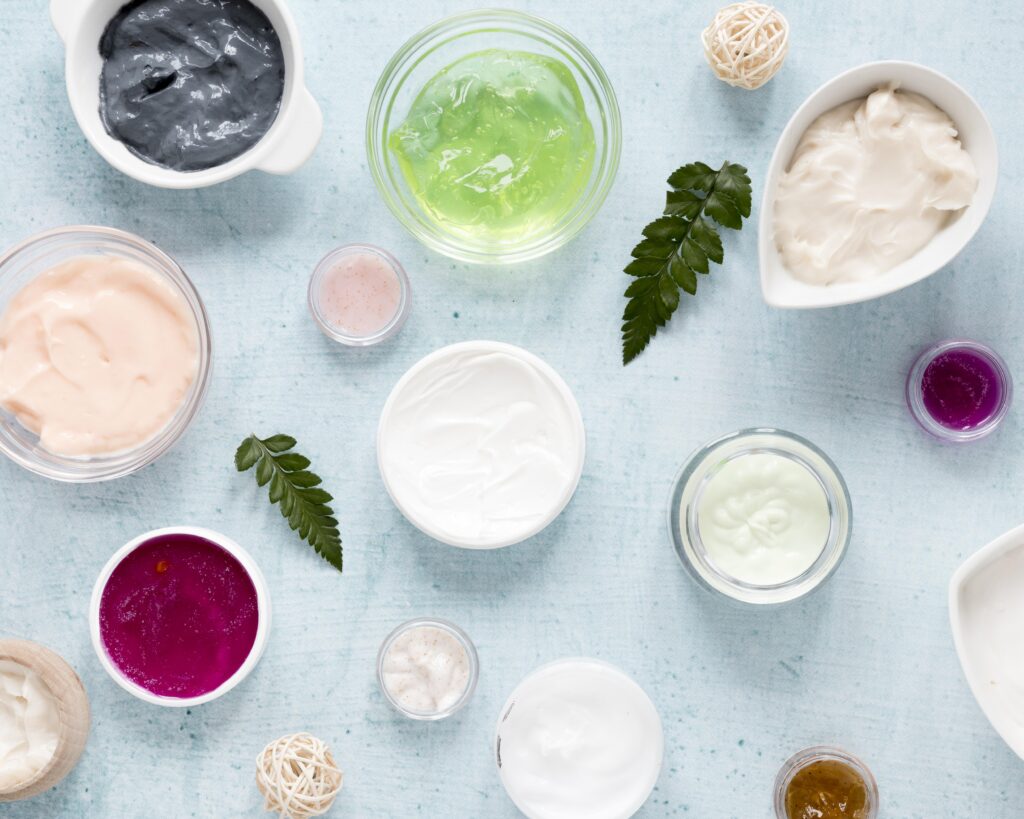In today’s beauty-driven world, healthy skin is more than just a trend—it’s a priority. From acne treatments to anti-aging serums, the skincare industry is evolving rapidly. At the heart of this transformation lies the powerful synergy between dermatology and cosmetic formulation. Together, they blend medical science with aesthetic innovation, creating products that do more than just beautify—they heal, protect, and restore.
What Is Dermatology?
Dermatology is a specialized branch of medicine focused on diagnosing and treating skin, hair, and nail disorders. Dermatologists handle a wide array of conditions such as:
- Acne and rosacea
- Psoriasis and eczema
- Skin infections and allergies
- Hair loss and nail issues
- Skin cancers
Dermatology isn’t just about treating disease—modern dermatologists play a key role in guiding patients toward healthier, more radiant skin through both clinical and cosmetic interventions.
The Role of Cosmetic Formulation
Cosmetic formulation is the science of creating topical products designed to enhance appearance and improve skin health. Formulators combine active ingredients, stabilizers, emulsifiers, fragrances, and preservatives in precise ratios to develop:
- Moisturizers
- Cleansers and toners
- Sunscreens
- Anti-aging serums
- Skin brightening agents
But cosmetic formulation is far more than mixing ingredients—it’s about biocompatibility, efficacy, and safety.
Where Dermatology and Formulation Intersect
When dermatological knowledge is integrated into product development, skincare becomes more personalized and effective. Here’s how:
1. Evidence-Based Ingredients
Dermatologists rely on clinical research to back ingredient efficacy. Popular ingredients like retinoids, niacinamide, ceramides, hyaluronic acid, and peptides are all dermatologist-approved and carefully formulated to suit different skin types and concerns.
2. Targeted Treatments
Whether it’s a cream for melasma or a serum for post-acne pigmentation, combining dermatological insights with advanced formulation ensures that products target the root cause—not just symptoms.
3. Safety and Regulation
Dermatology-informed formulations prioritize hypoallergenic, non-comedogenic, and dermatologically-tested products, reducing risks of irritation or adverse reactions.
Innovations in Dermatological Formulations
As technology advances, so does skincare science. Some cutting-edge innovations include:
- Nanotechnology: Enhances ingredient delivery deep into the skin.
- Probiotics and microbiome care: Balances skin flora for better immunity and resilience.
- AI and personalized skincare: Uses algorithms to create tailor-made formulations based on skin analysis.
- Clean and sustainable beauty: Focus on non-toxic, eco-friendly formulations backed by dermatological science.
Why This Matters to You
Consumers today are more informed and cautious. They want products that work, are safe, and backed by science. Understanding the link between dermatology and cosmetic formulation helps you make better skincare choices—whether you’re dealing with a skin condition or simply seeking a healthy glow.
Conclusion: Science Is the New Beauty
The intersection of dermatology and cosmetic formulation is shaping the future of skincare. It’s no longer about covering flaws—it’s about nurturing your skin with the right science. As the demand for effective and safe skincare grows, expect this field to continue innovating, empowering consumers with solutions that are both clinically sound and cosmetically delightful.
Want to level up your skincare routine or create your own beauty brand? Always consult a certified dermatologist and choose products crafted with scientific expertise. Because when it comes to skin, science isn’t just beautiful—it’s essential.

